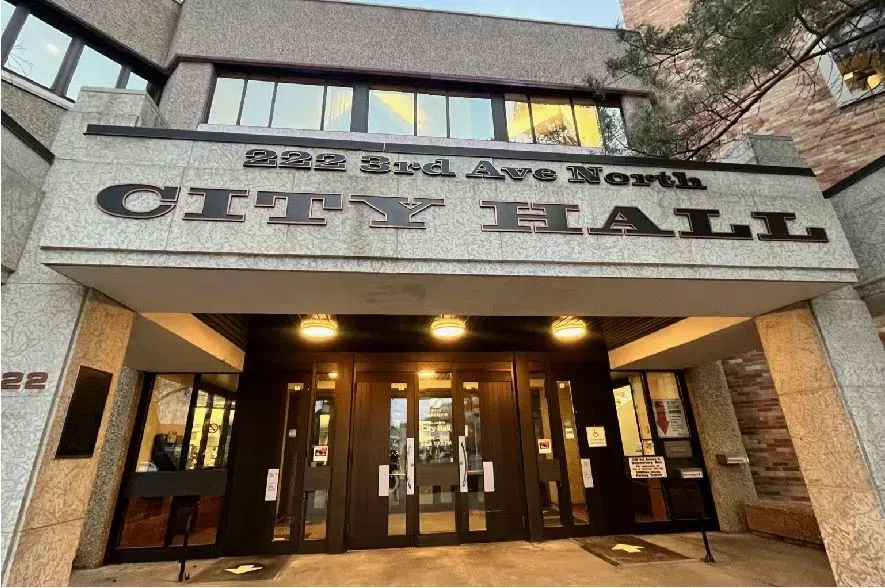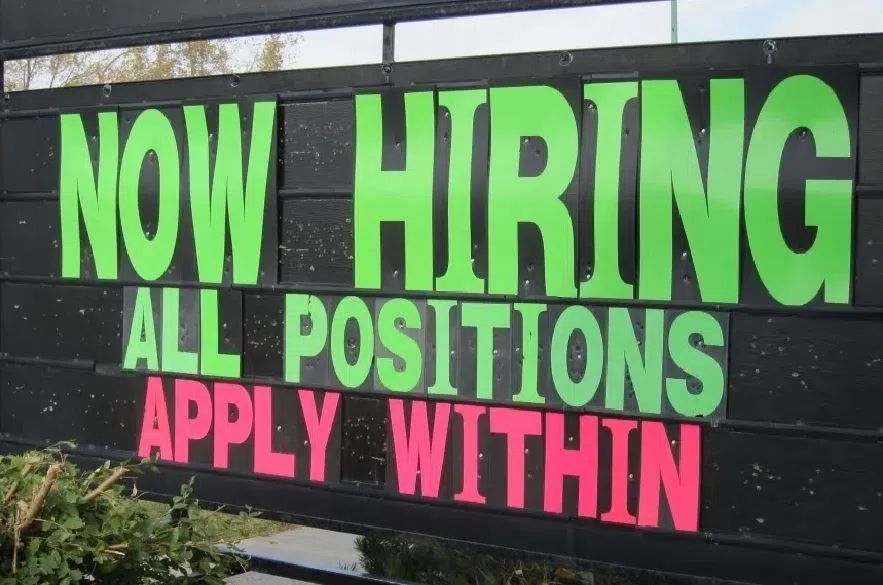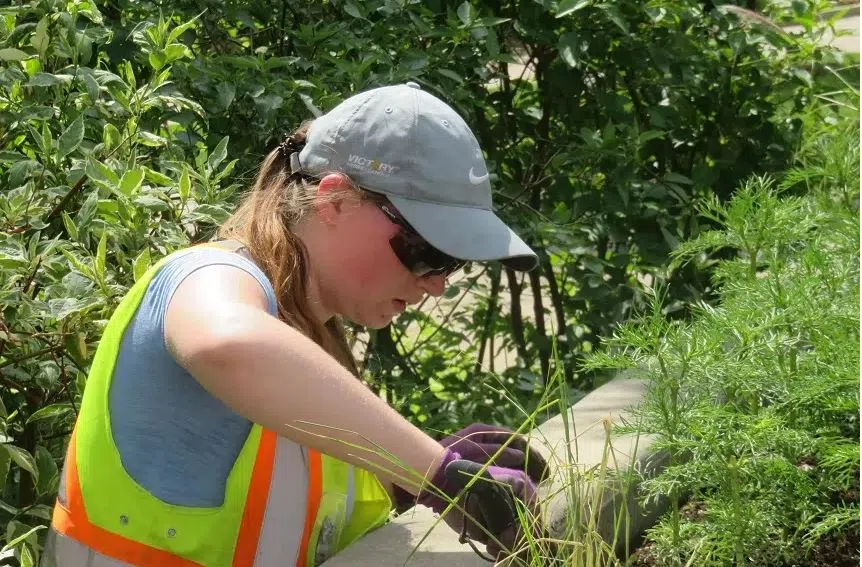This summer, The Evan Bray Show has heard from many concerned parents across the province about how difficult it was for their teenagers to find summer jobs.
The federal government recently announced new restrictions to limit the number of low-wage temporary foreign workers in the country, which could make the job hunt easier.
Chelsey Mack, director of human resources shared services with the City of Saskatoon, joined The Evan Bray Show on Wednesday to explain what the hiring process looks like from the city’s perspective and what qualities an HR professional looks for.
The advice she gives to young people looking for work is to write a compelling cover letter and to start looking for summer jobs as early as February.
Listen to the full interview here:
The following transcript has been edited for length and clarity.
Bray: Let’s talk a bit about the day-to-day work that you do. Is it really all about finding people and hiring them to work for the city, is that essentially the focus?
Mack: For our recruitment team, that is primarily their function is looking at sourcing people to apply for jobs with the city, but also internal movement. We want people to promote and stay with the city and really have a long-term career with us. We fill positions across the entire spectrum in the city. Entry level does have a large number of those individuals, but we do bring people in at a mid-career point or a more senior level.

The City of Saskatoon says it doesn’t have much of a problem when it comes to hiring workers and getting them into entry-level employment (980 CJME file photo).
So when we’re talking about considerations that you would you would take into account, when you’re making a hire with a maybe a non specialized summer job, what does that look like?
Mack: It really is about qualifications that a person brings to the table, but also availability. So when we’re talking specifically about our summer programs, we offer a lot of services in the summer months. So of course, we need people who have availability that match the shifts that we need to fill. So what we are looking for are people that meet those minimum qualifications, which is typically grade 10 education, and in some instances, a driver’s license, and then those who are able to work day shift, evenings or weekends.
Does the City of Saskatoon involve themselves with any part of this national temporary foreign worker program?
Mack: No, we’re really fortunate. For all of our positions, we have a high number of applications and interest from local talent, or, I’ll say, regional within Western Canada as well, and for the city, we really see no impact as a result of the changes to that program, because we don’t need that to fill any of our vacancies.
We talk lots, and certainly, when I was at the Regina police service, we talked about the importance of diversity, equity, inclusion, those types of things. How does that weave into an HR strategy, and what does that look like?
Mack: The City of Saskatoon is a partner with the Human Rights Commission that sets targets or goals for employers on a representative workforce. The motivation for us is because we have such a diverse community that we live in, we really do want to be able to serve the residents of the community in a way that they can resonate with or relate to. But when we’re making hiring decisions, we always look at the qualifications of the applicant first. And I think a lot of people think it’s motivated by a target or a number that we have to achieve or choose, but that’s really not the case.
What are things that you look for in an applicant? What makes you excited about an applicant when you see something on a resume?
Mack: Applicants should go into it thinking about a cover letter and resume like your own personal brand. We don’t get to meet people in person very often before we start the hiring process, so what makes us excited is a strong cover letter that tells us a story about who you are and why do you want to work with us? That’s usually our first question. So those are the types of things that jump off a page that set you apart from other applicants. In terms of experience, certainly a first job you know, in high school or just out of school, people should think about transferable skills. If you’ve been a volunteer or you’ve been an athlete and played on a team, you have transferable skills in terms of communication or teamwork, problem solving, it’s just in a different context than the employment relationship.
If you had two applicants for a job, one was younger, one was older, both had a cover letter, both enthusiastic about working for the city of Saskatoon, do you worry about the younger person not having whether it’s interpersonal skills, teamwork, whatever, as opposed to a person who’s older, has more life experience. Does that play into it at all?
Mack: No. You know, when people apply for positions, we do not ask for age and we cannot. There are some employment laws in Saskatchewan, obviously around age that we have to be mindful of. But when you submit your cover letter and resume, there is no age discussion on there.
Where can people can go to find out what jobs are available right now at the City of Saskatoon?
Mack: Saskatoon.ca will feature our careers page, and we have new jobs posted almost every day. But specific to this conversation, for the teens or youth looking for summer employment, they should be following us on socials and keep an eye out in early in the year, as early as February, because that’s when we’ll start to post and when we have career fairs, come out and meet us, say hello, get to know us, ask some questions. Build that relationship, and it will really go a long way.












